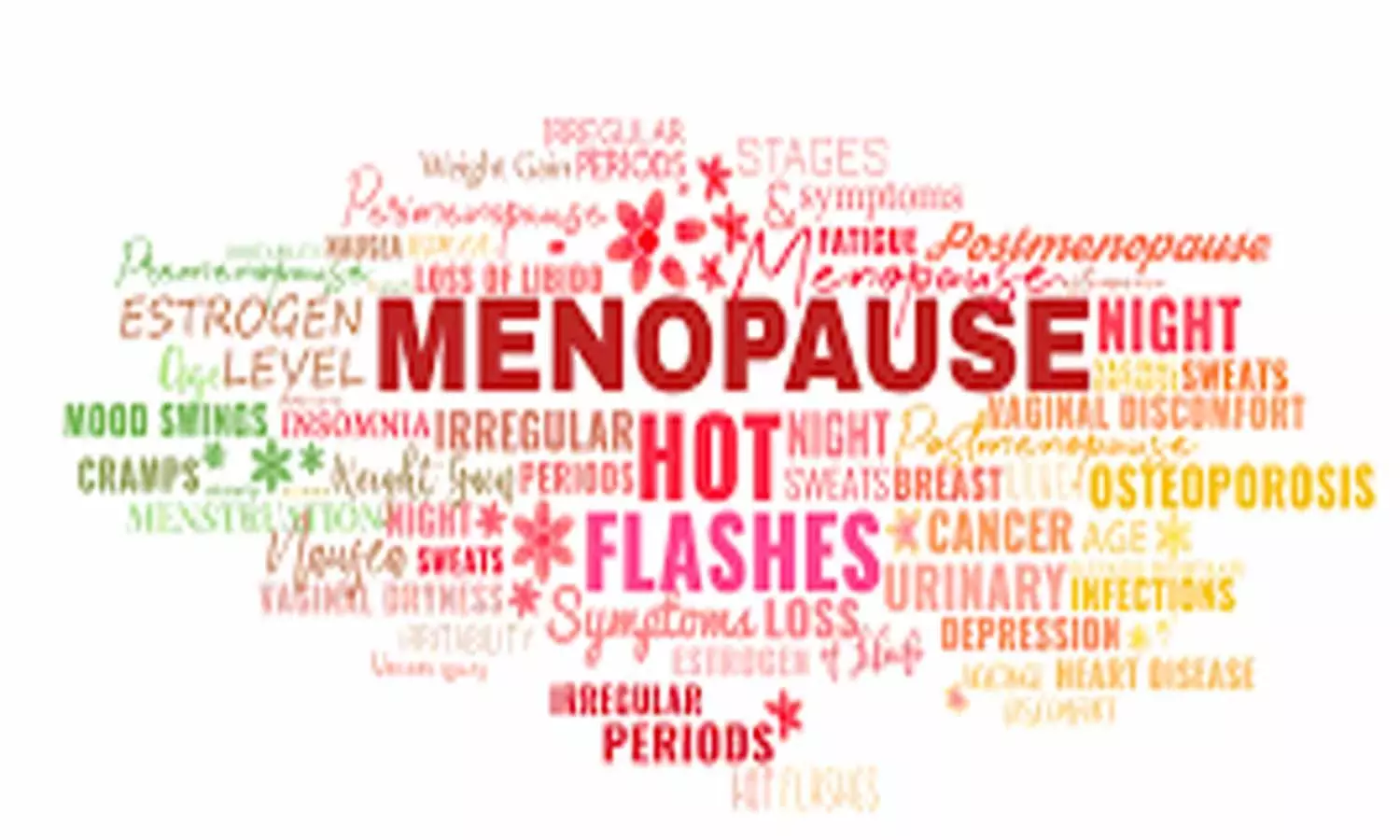Employers must do more to support women through the menopause if they want to retain their most experienced and high-performing staff, according to Debra Clark, head of wellbeing at Towergate Employee Benefits.
Clark said women in their 40s and 50s represent a vital part of the workforce, bringing extensive knowledge, leadership, and emotional intelligence to their organisations.
“Women in their 40s and 50s are highly valuable in the workplace. They are at the peak of their careers and have a wealth of knowledge, experience, and talent to provide and share. It is vital, therefore, that they are supported through the menopause to enable them to be the very best versions of themselves,” said Clark.
Office for National Statistics data shows that average employee earnings peak for workers in their 40s and 50s, highlighting the importance of retaining this demographic.
Research has also shown a strong link between gender diversity and business performance, with companies in the top quartile for gender diversity on executive teams 25% more likely to have above-average profitability than those in the lowest quartile.
“Women of any age bring diversity and unique qualities to a workplace but women in their 40s and 50s bring a particular enrichment for diversity of thought and emotional intelligence that drives the success of a business,” added Clark.
Despite their value, many women still lack the support they need. Figures show that one in ten women have left a job due to menopause symptoms, while 87% of working women want employers to be more supportive of women’s health.
Specialist providers now offer menopause-specific assistance through digital platforms, consultations, and dedicated courses, with access to healthcare professionals who can prescribe HRT where appropriate.
Clark said that cost should not be a barrier to providing menopause support, with employers able to use existing health benefits such as virtual GPs, cash plans and employee assistance programmes.
She added that businesses can also take low-cost steps by training menopause champions, signing menopause pledges, or setting up peer groups and colleague networks to foster understanding and inclusion.
“Menopause is not a performance issue – it’s a hormonal one. When businesses acknowledge this and implement supportive policies, everyone benefits.
“Retaining experienced women not only preserves institutional knowledge but also sustains the diversity that drives innovation and profitability,” Clark concluded.
















